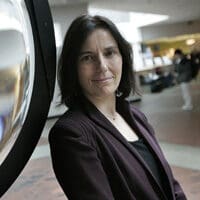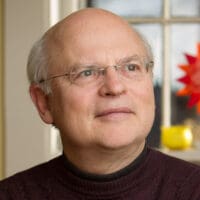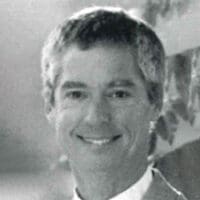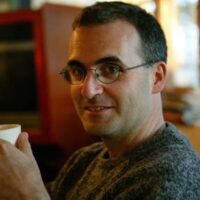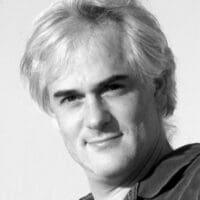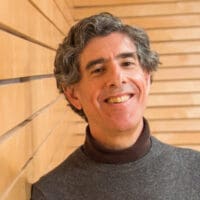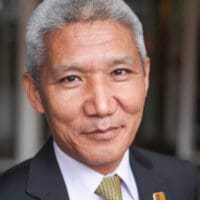Overview
In this final session, we are interested in putting together the pieces: in understanding how both traditions understand the functional interrelations between attention, imagery, and emotion; and, more broadly, what each tradition understands the “mind” to be, and on what empirical basis.
Differences and methodology will be critical to this discussion. Buddhism as a mode of inquiry is characterized by highly disciplined practices of introspection or “first person” methodologies. Western biobehavioral science as a mode of inquiry is characterized by no less disciplined practices of external or “third person” observation, especially using instruments. Are these differences complementary or more fundamentally at odds with each other?
Motivation will also be critical to this discussion. Buddhism and Western science are both committed to empirical investigations of the mind, but for reasons that are embedded in apparently quite different ethical and philosophical traditions.
What kind of cross-cultural exchange on how the mind works, now and in the future, is best suited to advance what is most compelling intellectually and ethically within both traditions of inquiry?
- Dialogue 114 sessions
- September 14, 2003Dharamsala, Himachal Pradesh, India

